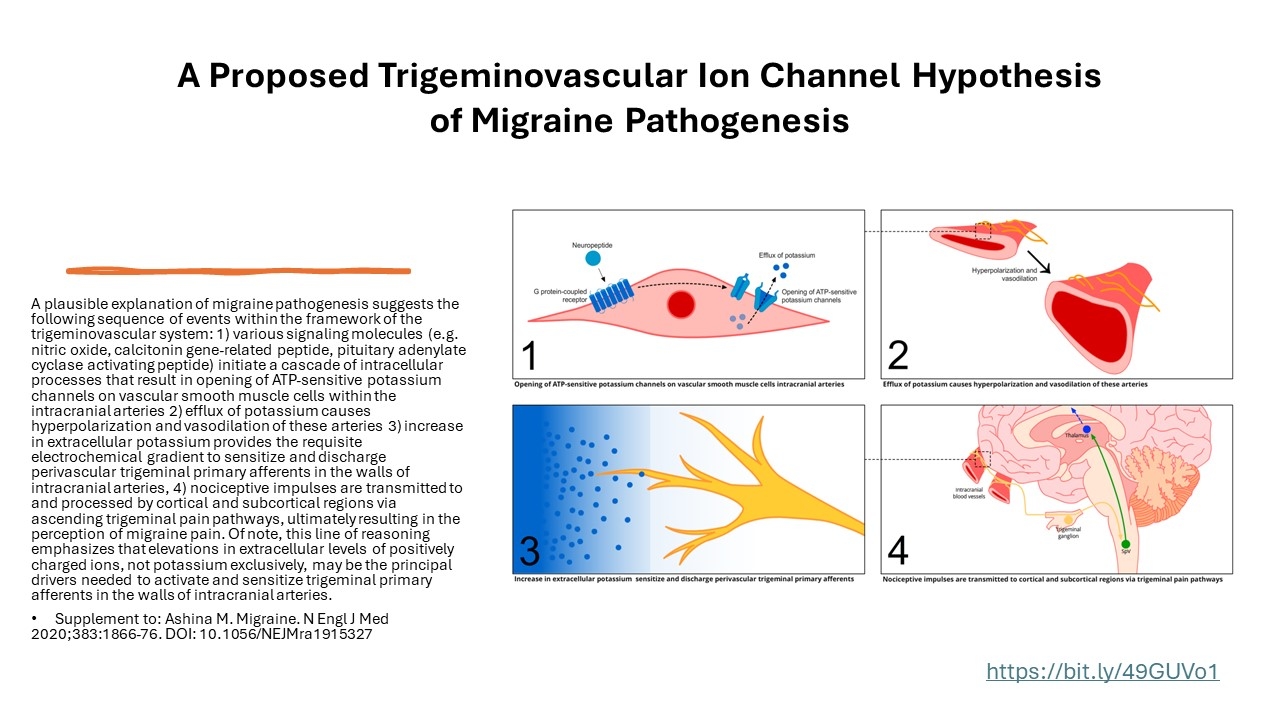Migraine, a prevalent and debilitating neurological disorder, remains a puzzle with elusive pathophysiological mechanisms. Recent investigations have shed light on the involvement of intracellular cyclic adenosine monophosphate (cAMP) in migraine pathogenesis, implicating cAMP-dependent signaling pathways in migraine attacks. These studies revealed that oral administration of cilostazol, a cAMP degradation blocker, induced migraine attacks in individuals with migraine, suggesting a pivotal role of cAMP accumulation in migraine onset.
Further exploration led to the hypothesis that downstream effects of cAMP-mediated migraine attacks involve the opening of potassium channels. Provocation studies conducted in our laboratory demonstrated that openers of adenosine-triphosphate (ATP)-sensitive potassium channels and large conductance calcium-activated potassium channels triggered migraine attacks in individuals with migraine.
This lecture presents an overview of our research, emphasizing the pivotal role of ATP-sensitive potassium channels in migraine pathogenesis. Understanding the involvement of these channels offers promising avenues for targeted therapeutic interventions and deeper insights into the complex mechanisms underlying migraine.

